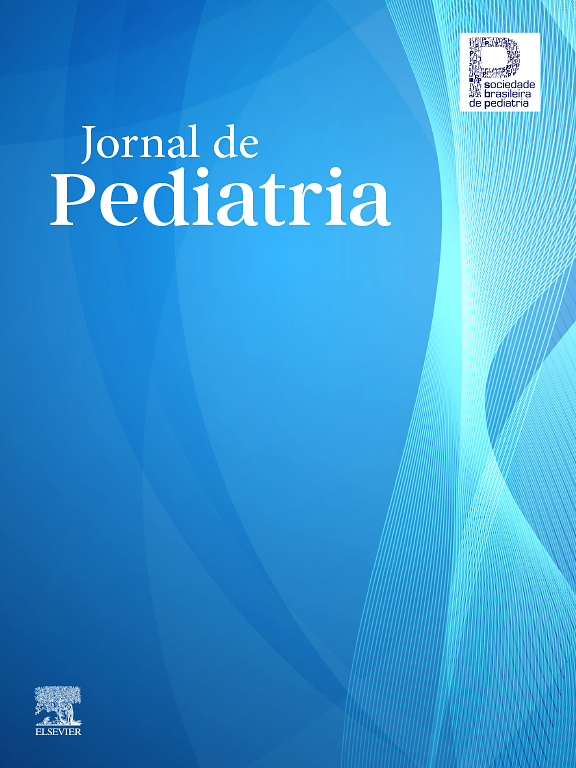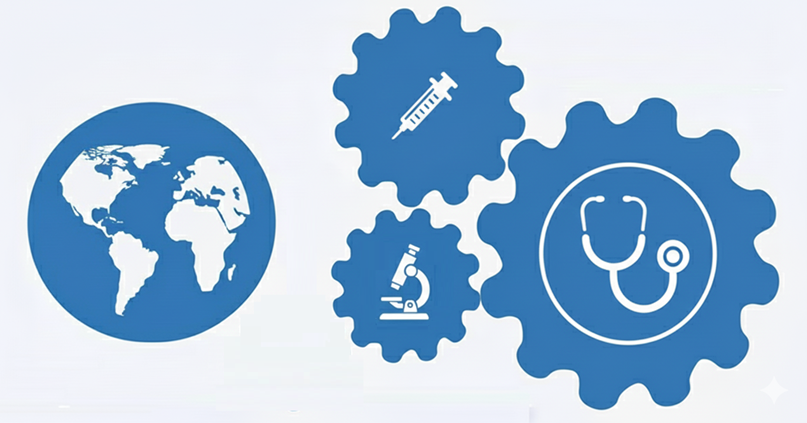To evaluate the influence of breastfeeding support on breastfeeding rates in the city of Pelotas (RS), Brazil.
MethodsThe prevalence rates of exclusive breastfeeding and of overall breastfeeding were compared in four cohorts of children, born in 1982, 1993, 1997-1998 and 2004. The children selected for this study fulfilled the inclusion criteria for the WHO Multicenter Growth Reference Study, in order to afford comparison with the 1997-1998 cohort, which was made up of children selected for that study. The 1997-1998 cohort received systematic breastfeeding support.
ResultsThere was an increase in the rates of exclusive breastfeeding: from 26% at 1 month of age in 1993 to 77% at the same age in 2004, and from 16% at 3 months to 46% for the same dates, respectively. Breastfeeding rates at later ages exhibited a tendency to increase, although with less significance: from 15% in 1982 at 12 months to 34% in 2004 at the same age and from 6% at 24 months to 14% for the same dates, respectively.
ConclusionsBreastfeeding support has contributed to a tendency for breastfeeding rates to increase.
Avaliar a influência do apoio à amamentação sobre as taxas de aleitamento materno no município de Pelotas (RS).
MétodosForam comparadas as prevalências de aleitamento materno de quatro coortes de crianças, nascidas em 1982, 1993, 1997-1998 e 2004. Participaram crianças que preenchiam os critérios de inclusão do Estudo Multicêntrico de Curvas de Crescimento da Organização Mundial da Saúde, já que este originou a coorte de 1997-1998, na qual houve apoio sistematizado à amamentação.
ResultadosHouve aumento nas taxas de aleitamento materno exclusivo: com 1 mês de vida, de 26% em 1993 para 77% em 2004, e, aos 3 meses, de 16 para 46%, respectivamente. As taxas de aleitamento materno mostraram ascendência, porém menos significativa: aos 12 meses de 15% em 1982 para 34% em 2004 e, aos 24 meses, de 6 para 14%, respectivamente.
ConclusõesO apoio à amamentação contribuiu na tendência ascendente das taxas de aleitamento materno.










